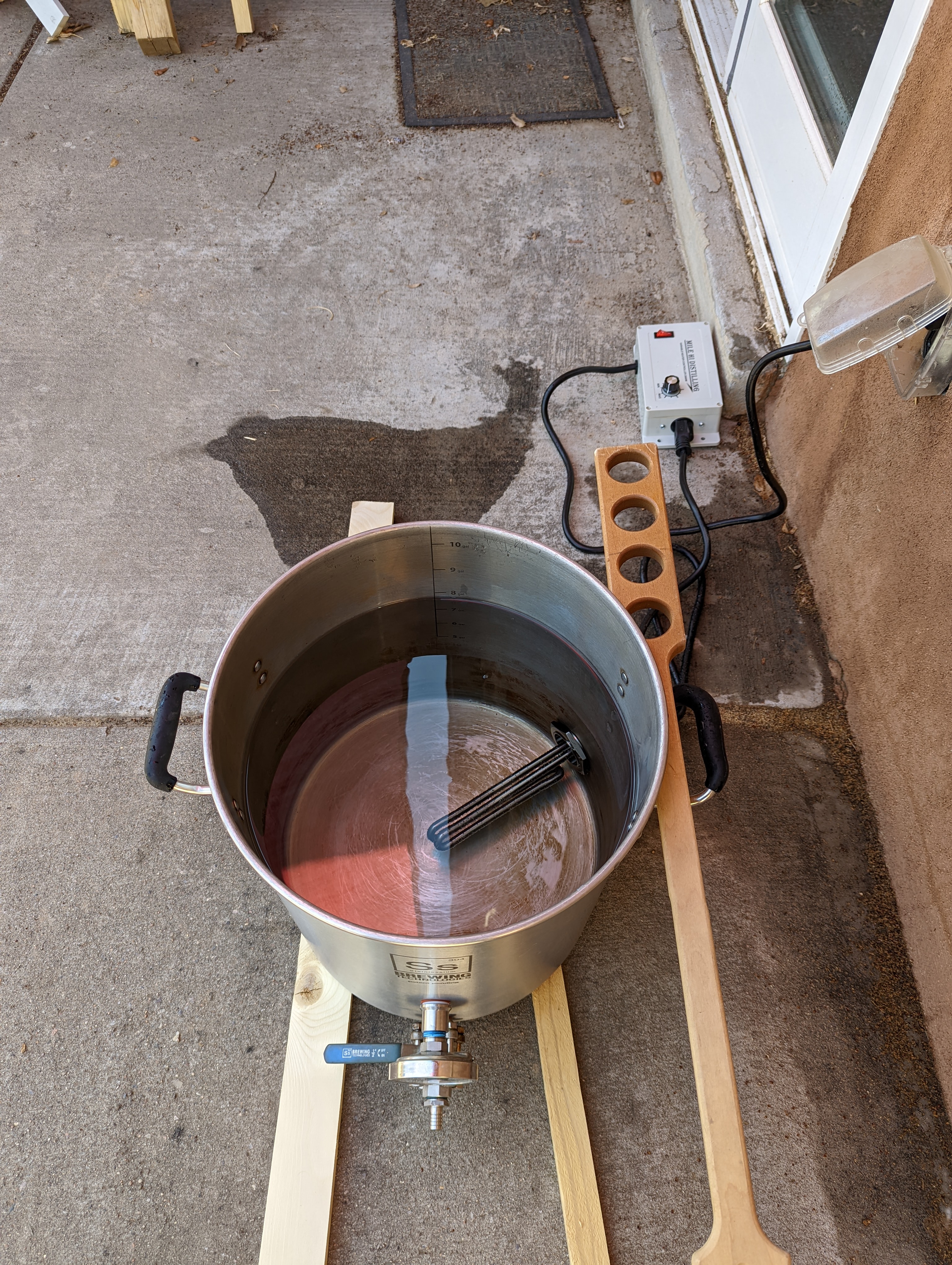TandemTails
Well-Known Member
I have a 110v 2000w heating element and decided I'm tired of buying propane. I just bought a weldless 2" TC fitting and a carbide bit so I can hook the heating element up to my kettle. I'll be the most interested to see how quickly I get to a boil and what kind of boil I end up with. I'll probably need to adjust my boil off rates in Brewfather.
Anyone else convert their kettle to electric this way?
Anyone else convert their kettle to electric this way?




